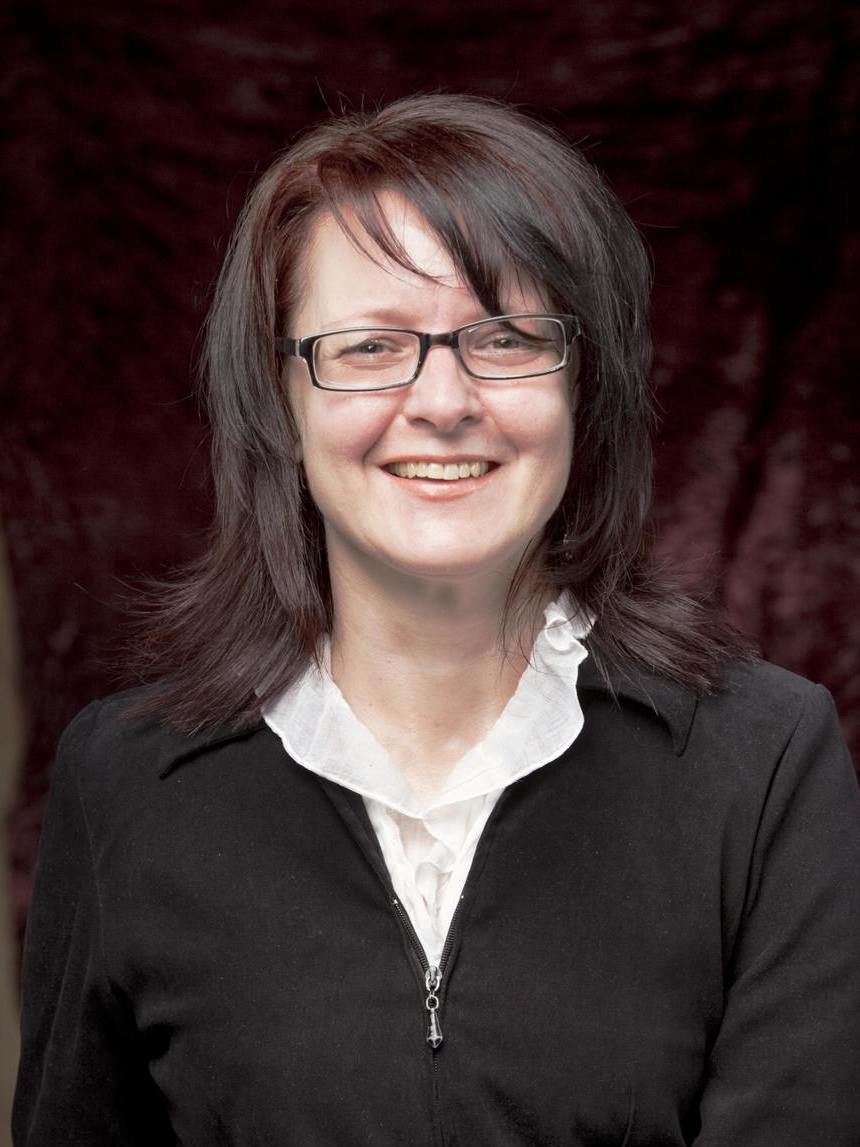Texas State Fulbright Keeps Close While Teaching Abroad
Julie Cooper | July 27, 2020

One of the words that Dr. Elizabeth Bishop, associate professor in the Department of History at Texas State University, uses most often – whether she is talking about her Texas State students or the graduate students she teaches in Oran, Algeria — is “amazing.”
Make that – AMAZING — it should reflect the vocal enthusiasm she gives during a lengthy phone interview from Algeria where she is completing her residence as a Core U.S. Fulbright Scholar at the Université d’Oran 2 Mohamed Ben Ahmed, Algeria. “I love the Algerian students for their intellectual courage. All I have to do is say, ‘Hey, what about?’ and we'll go there. They go there with me. I love that. That there's nothing that an instructor can enjoy more than the feeling that we're all in this together. They have wonderful questions,” she says.
“I came here on a Fulbright in 2018. With Prof Amina Sadek and Prof Mekia Nedjar, I taught the graduate course ‘relations diplomatiques et consulaires,’ in the university’s Faculté de Droit et des Sciences Politiques, the conversation was amazing. The university here is happy with what I do in the classroom, which supports the Bobcat mission ‘to embrace a diversity of people and ideas, to foster cultural and economic development, and to prepare its graduates to participate fully and freely as citizens of Texas, the nation, and the world.’”
In San Marcos, Bishop teaches modern Arab history including courses for undergraduates: “Gender and Militarization in the Arab World,” and “Iraq’s 1958 Revolution.” Her graduate seminars include “Global Cold War” which Notre Dame University’s Global Religion Research Initiative (GRRI) awarded a curriculum development grant during 2017.
Since joining Texas State in 2008, she serves as faculty advisor to both the Model Arab League and the Muslim Student Association (MSA). Model Arab League is a university organization that simulates speech and debate on Arab League topics. Each year for the past decade the Bobcats racked up individual and team awards at the regional competition in Houston and earned national recognition in Washington, D.C. This past year, while she was away, Dr. Hassan Tajalli traveled with the Model Arab League team to competitions in compliance with University policy.
Bishop says it is a joy to work with the Model Arab League. “It's kind of a debate society. It's got this little diplomatic spin and it's perfect for students who are majoring in something other than history and political science. When they go out on the job market, they have global experience. We have had students from every college. Students have to learn how to research a briefing paper. They (need to) know how to convince that their proposal for solving the water crisis or educating adult learners or whatever they are tasked to research is the best one. Telemedicine was a big deal a couple of years ago,” Bishop says.
She explains that the Model Arab League can serve as students’ launch pad into national issues and potentially, careers. “In the 10 years, it's proved inordinately successful in getting students ready for law school. At least eight students from Model Arab League have been accepted by the law school of their choice. Three have passed the State Bar of Texas, two of them passed bar exams outside Texas. It’s good for skills students use outside the university.” If Bishop sounds very proud of the Model Arab League students — she is. “This activity grounded me at Texas State. When I first came to Texas State my only contact with students was in the classroom.”
Bishop believes that international education is very important. “That's what the Fulbright was made for. That was what United States Information and Educational Exchange Act of 1948 provide for, renewed as the Mutual Educational and Cultural Exchange Act of 1961, and renewed again as the Mutual Educational and Cultural Exchange Program during 1982, seeks to accomplish. Under the leadership of Texas State Fulbright Ambassador Daris Hale, Texas State has a wonderful experience with Core U.S. Fulbright Scholars and Fulbright Scholars in Residence. That's the reason why we do it. That's the reason why it's ‘citizens of Texas, the nation, and the world’ in our Bobcat Mission statement.”
Share this article
For more information, contact University Communications:Jayme Blaschke, 512-245-2555 Sandy Pantlik, 512-245-2922 |